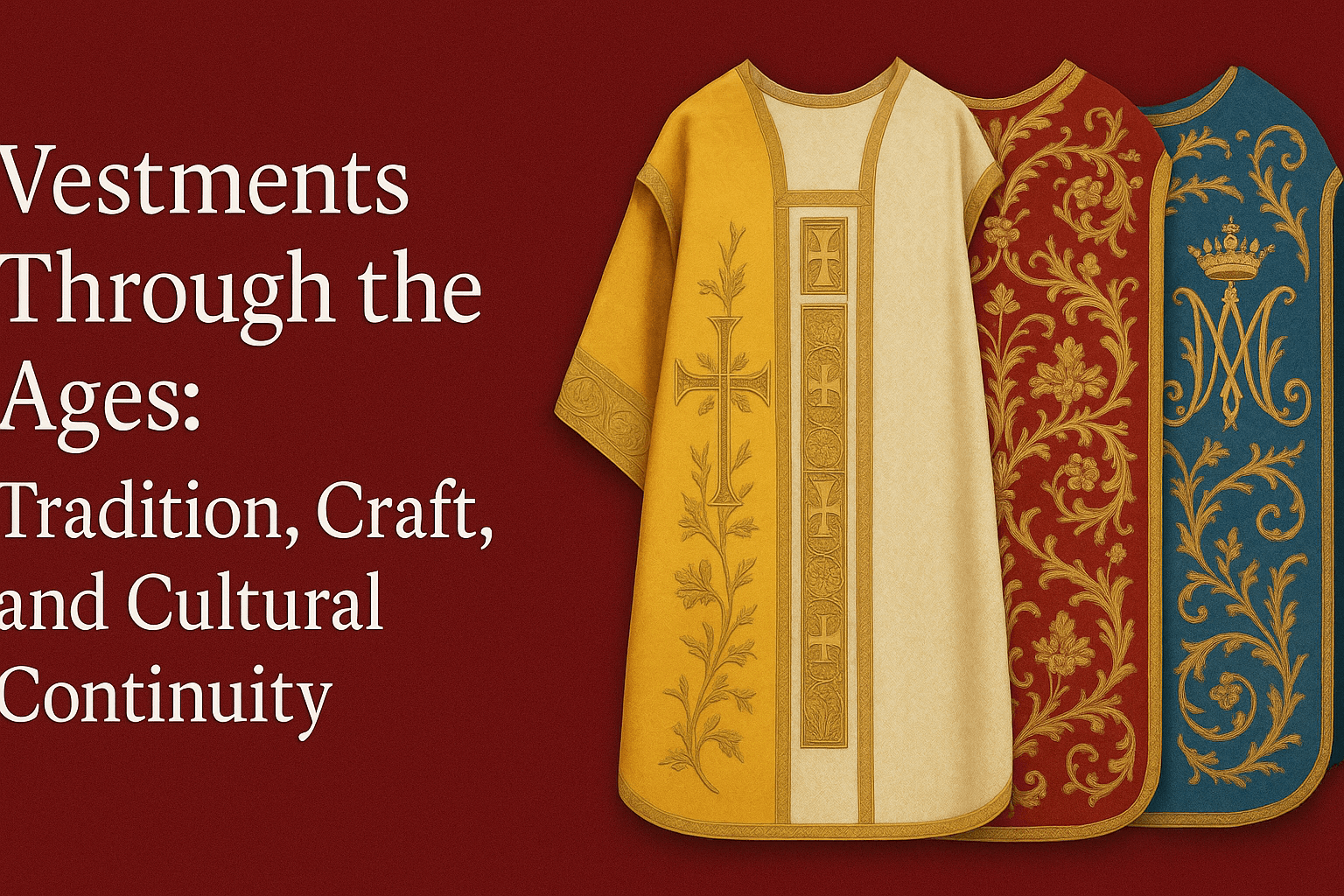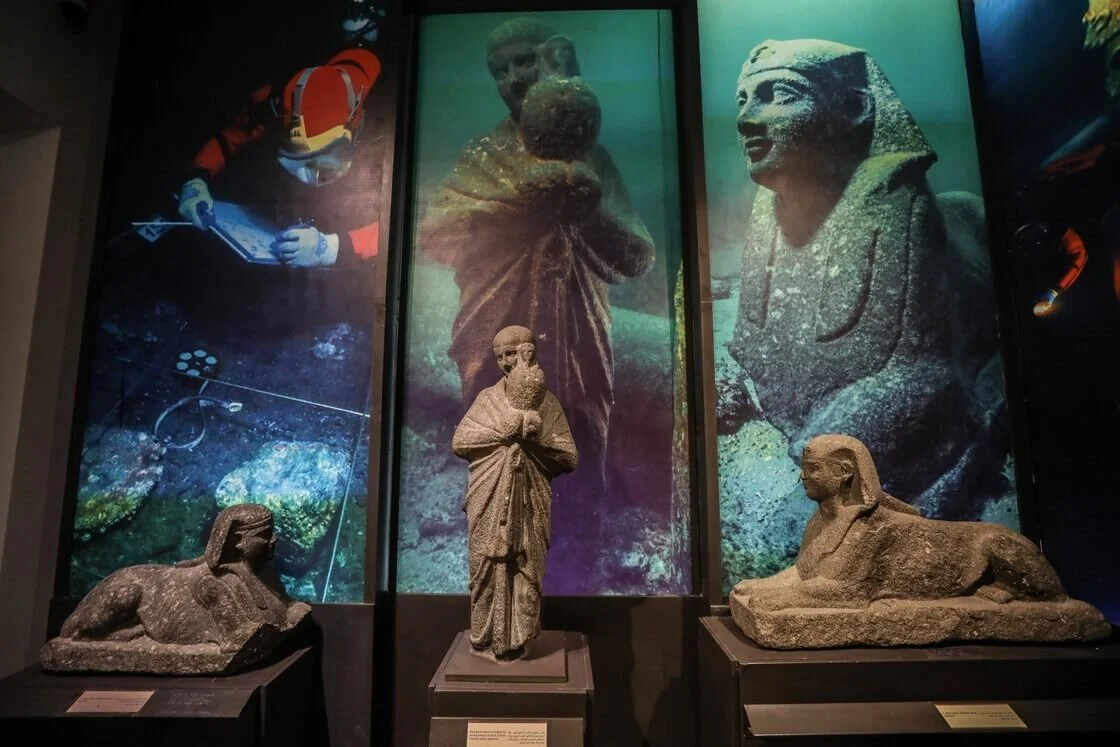A Cultural Melting Pot
Contrary to attempts at racial categorization, the Sumerian culture appears not to have been linked to a specific race. Interestingly, the Sumerian language shares features with diverse languages such as Basque, Georgian, and Chuchi from Siberia, suggesting a complex interplay of influences rather than a singular racial or ethnic lineage. The Sumerians' arrival in Mesopotamia, just prior to 3600 BCE during the Uruk period, marks a significant period of cultural and technological development.
The transition from the Ubaid to the Uruk culture shows archaeological evidence of a seamless cultural evolution rather than an abrupt change, suggesting that the Sumerians might have been recent arrivals who integrated and expanded upon the existing cultures. However, the debate continues as scholars argue over the implications of language and city names, crafts, and words that hint at the influence of and interactions with neighboring peoples.
An Amalgamation of Migrant Groups
Current theories posit that the Sumerians were likely an amalgamation of various migrant groups that converged in Mesopotamia. These groups, coming from different directions and speaking different languages, gradually adopted a common culture and language, weaving a rich tapestry of cultural integration that defined early Sumerian society. Genetic studies, particularly those focusing on modern Marsh Arabs, suggest a lineage that could trace back to the Sumerians, offering tantalizing clues about the genetic continuity in the region.
Despite cultural features among the Marsh Arabs that hint at South Asian influences, genetic data suggests that these influences only marginally affected their gene pool, steering the debate away from a South Asian origin for the Sumerians.
The origin and migration of the Sumerians remain one of history's great mysteries. While archaeological, linguistic, and genetic evidence provides valuable insights, the definitive origins of the Sumerians elude consensus. Their legacy, however, is unmistakable, embedded in the very foundations of civilization. As scholars continue to unravel the complex history of these ancient people, the Sumerians stand as a testament to the rich, multifaceted tapestry of human history, reminding us of the complexities and interconnectedness of ancient societies.








